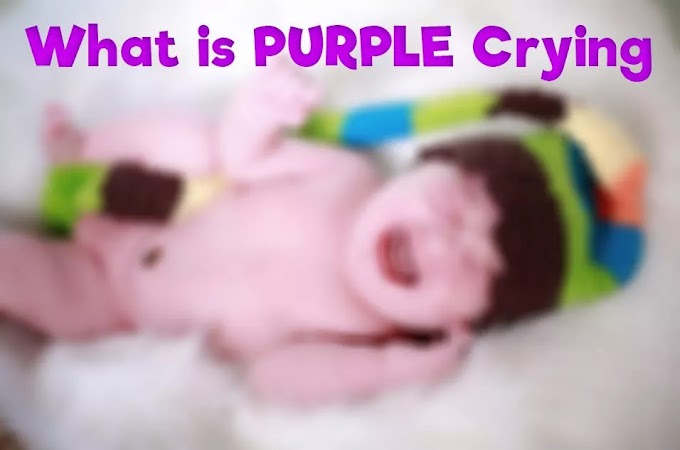Understand your newborn crying

Feeding, crying, cuddling, sleeping. That’s what newborn behavior is all about in the first few months.
Though he or she sometimes gives you an eye contact,
your newborn crying is probably the main note you’ll notice about his behavior.
For example, he’ll cry when he or she is hungry, unsettled, wet or uncomfortable.
What to expect when you have your baby crying?
Crying is the main method a newborn uses to express his or her feelings and tell you what she needs.It’s a sound that pushes you into action the whole day. If you’re a breastfeeding mom, it can trigger your let-down reflex.
Crying increases at about six weeks. This period of intense newborn crying will pass.
Babies fuss and cry on average for almost three hours a day. Some cry for a lot longer than this.
Most of the crying and fussing seems to happen in the late afternoon and evening, although every day could be a bit different.
As your baby gets older, you will better get what he’s asking for through crying.
The crying is also more probable to be spread throughout the day.
Understanding and responding to your crybaby’s behavior
The newborn baby is working out what the world is like. The way you respond to her behavior, especially her crying, tells her a lot about her world.
For instance, your baby might come to a conclusion that when he cries, someone comes to give him what he needs.
This might be a nappy change, a feed or a cuddle. If that actually happens, he’ll learn now that the world is a pretty OK place.
When you are trying to respond quickly to comfort your crying newborn, she will cry less often overall.
It’s definitely fine to pick up your baby when she cries. It tells her that she’s safe because you’re a loving, caring, and responsive parent.
Also, you can read Different reasons behind your newborn crying
Inconsolable newborn crying or colic?
When a baby cries a lot over a long period of time and nothing seems to comfort her, this is often called colic.
Colic might just be natural behavior for some babies, especially at the end of a long day and after too much stimulation.
Crying might help a newborn control her environment. It’s as if your baby is saying, ‘Enough! I’m just going to cry it to shut out the world’.
It can be very hard for you to handle if your baby cries like this. These ideas might help you and your baby:
- Reduce the stimulation around your baby – for example, try sitting with the baby in a quiet, dimmed place.
- Lay your baby on his side in his cot and pat his back. Gently turn him onto his back if he falls asleep.
- Try putting in some imaginary earplugs. Let the sound of the crying pass through you,
and remind yourself that everything is OK. You’re doing everything you can do to help your baby. - Take the baby for a walk in her pram or a sling. Movement can sometimes be soothing.
- Try turning some ‘white noise’ on like a fan or the tuned to the static between stations. This can help to settle the baby.
Also, you can read Why is my baby crying all the time?
Understanding the tears of the newborn crying
When you have a baby trying to tell you something, your job is to figure out why and what — if anything — you can do about it.
Over time you might be able to identify your baby's needs by the way he or she is crying.
For instance, a hungry cry would be short and low-pitched, while a cry of pain might be a sudden,
long, high-pitched shriek. Picking up on any patterns can help you better react to your baby's cries.
Consider what your crying baby could be thinking:
- I'm hungry. Most newborns eat every few hours round-the-clock. Crying is a late sign of hunger.
Look for early signs of hunger, such as lip-smacking and hand to mouth movements. - I want to suck on something. For many babies, sucking is a comforting activity.
If your baby isn't hungry, try a pacifier or help your baby find her finger or thumb. - I'm lonely. Calmly hold your baby to your chest. Some gentle pats on the back might soothe a crying baby, too.
- I'm tired. Tired babies are often fussy — and your baby might just need more sleep than you think.
Newborns often sleep up to 16 hours a day or even more. - I'm wet. A wet or soiled diaper can trigger tears. Check your baby's diaper often to make sure it's dry and clean.
- I want to move. In some cases, a rocking session or walk can soothe a crying baby.
Or try placing the baby in an infant swing or going for a car ride. - I'd rather be bundled. Some babies feel most secure when swaddled.
- I'm hot or cold. Add or remove a layer of clothing as needed.






